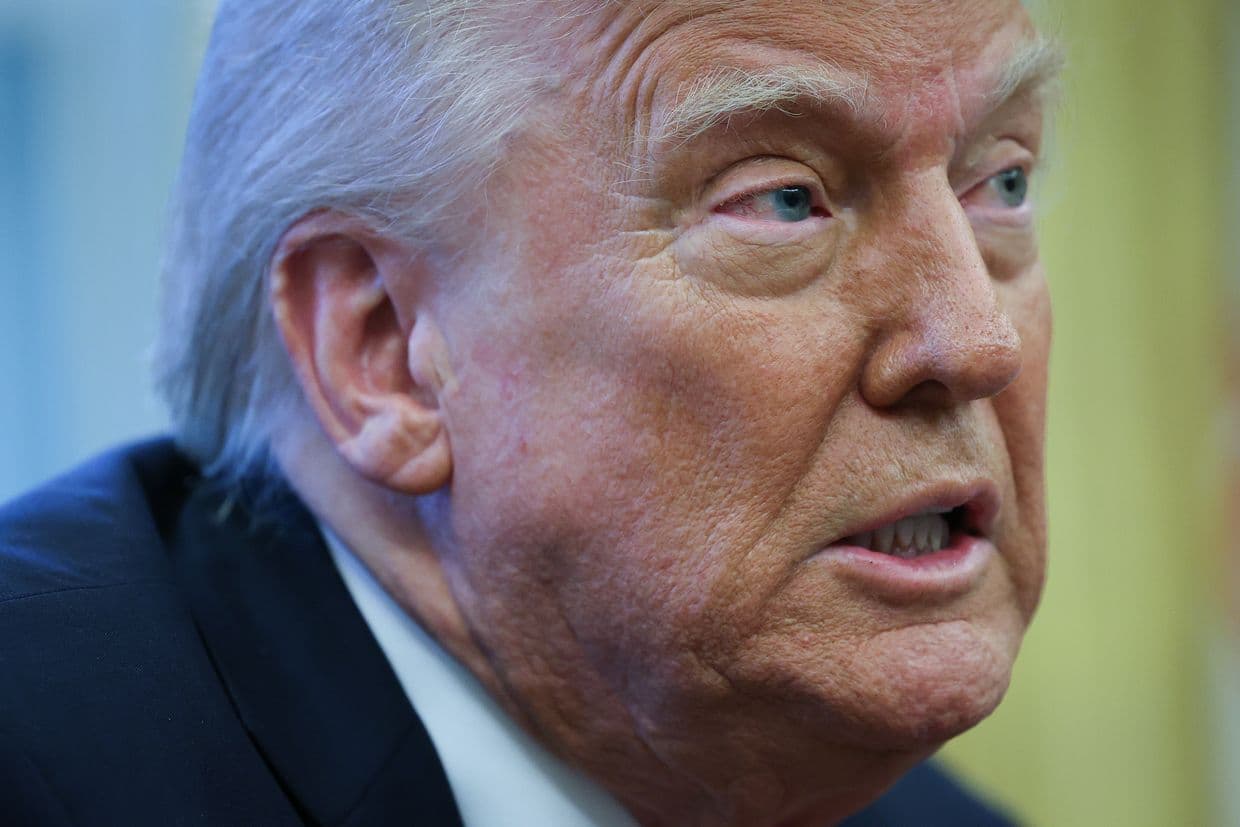Most Americans say US losing global credibility under Trump, poll shows

Some 59% of Americans think that U.S. President Donald Trump is costing their country its credibility on the global stage, according to a Reuters/Ipsos poll published on April 21.
Concerns about the U.S. global credibility under Trump are shared by roughly one-third of Republicans.
The survey revealed growing dissatisfaction with Trump's policies on multiple issues. His overall approval rating stands at 42%, the lowest since he returned to the White House in January.
Unlike his more restrained first term, the second Trump presidency sent shockwaves through international politics as the president lashed out against the U.S.'s friends and partners and moved to restore ties with Russia.
This was perhaps most visible in Ukraine, a country that relied on crucial U.S. military and economic support under Trump's predecessor, former U.S. President Joe Biden.
Trump departed from the West's unequivocally pro-Ukraine policy, presenting the U.S. as a mediator seeking to broker a ceasefire between Kyiv and Moscow. These efforts have included pressuring Ukraine by temporarily halting military support, while applying far less tangible pressure on Moscow, except for verbal threats of sanctions and tariffs.
Russia was even one of the few countries—unlike Ukraine, EU states, and others—that were excluded from Trump's sweeping "reciprocal" tariffs, which sent stock markets tumbling around the world. Trump's special envoy, Steve Witkoff, has met Russian President Vladimir Putin three times, often echoing Moscow's narratives on the war and pushing for economic cooperation.
Trump has further shocked the international community by repeatedly voting against motions in support of Ukraine in the U.N., joining the ranks of countries like Russia and Belarus. He has also publicly discussed annexing territory from U.S. partners like Denmark and Canada and directly challenged NATO's principle of collective defense.
The Reuters/Ipsos poll was conducted between April 16 and 21 and involved 4,306 U.S. adults.
Ukraine has enjoyed a strong, bipartisan support at the start of Russia's full-scale invasion, but later years saw the Republican Party grow increasingly skeptical about aiding Kyiv.
A March poll showed that most Americans disapprove of Trump's handling of the war and his embrace of Moscow. A more recent survey from April however confirmed a widening gap between Republicans and Democrats, with the former seeing Russia increasingly less as an adversary and being less concerned about the outcome of the war.











